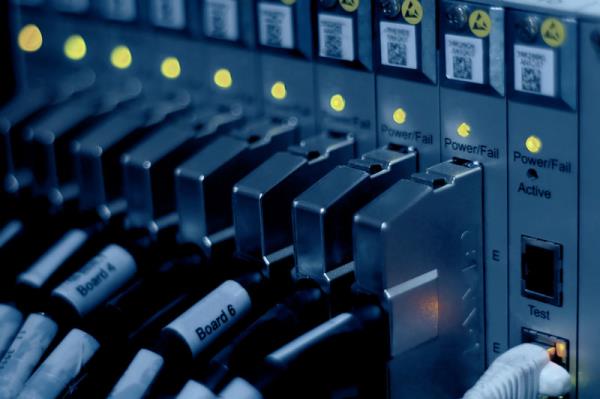22 September 2025

James Manyika, SVP for Research, Labs, Technology, and Society at Google, explained that this initiative is the latest phase of the company’s Africa Connect infrastructure program. The new hubs aim to create vital digital corridors within Africa and link the continent more effectively to global networks.
While specific investment figures and precise locations for the hubs were not disclosed, Manyika highlighted that Google has already surpassed its 2021 commitment to invest over US$1 billion in Africa by 2026. The plan involves integrating Google’s existing Equiano subsea cable and the upcoming Umoja system, which is expected to be operational by 2027. This suggests that Kenya and South Africa are likely to host two of the new hubs, given their strategic positions.
The Umoja cable, announced last year, will connect Australia to Africa via South Africa, with a terrestrial link extending from South Africa to Kenya through Uganda, Rwanda, the Democratic Republic of the Congo, Zambia, and Zimbabwe. Both the Equiano and Umoja cables are integral parts of Google’s Africa Connect infrastructure initiative, which also includes a Google Cloud region in Johannesburg.
Speaking to Bloomberg TV, Alex Okosi, Google’s Managing Director for Africa, stated that the four hubs, which will feature infrastructure such as landing stations and data centres, are expected to be completed within the next three years. Manyika emphasised that these subsea cable hubs are critical for enabling Africans to fully leverage artificial intelligence, noting that Google has already trained seven million Africans and plans to reach an additional three million students, young people, and educators by 2030.
Furthermore, Google has invested over US$17 million in funding, curriculum development, training, computing resources, and access to advanced AI models for African universities and research institutions over the past four years, with an additional US$9 million planned for the upcoming year. To support educational growth, Google will also offer a free one-year subscription to its Google AI Pro plan to college students across Africa, starting with countries including Egypt, Ghana, Kenya, Morocco, Nigeria, Rwanda, South Africa, and Zimbabwe. Manyika stated that providing students with access to cutting-edge AI tools for research, coding, and content creation will empower them to tackle local challenges and seize new opportunities, thereby contributing to economic development and societal progress across the continent.







